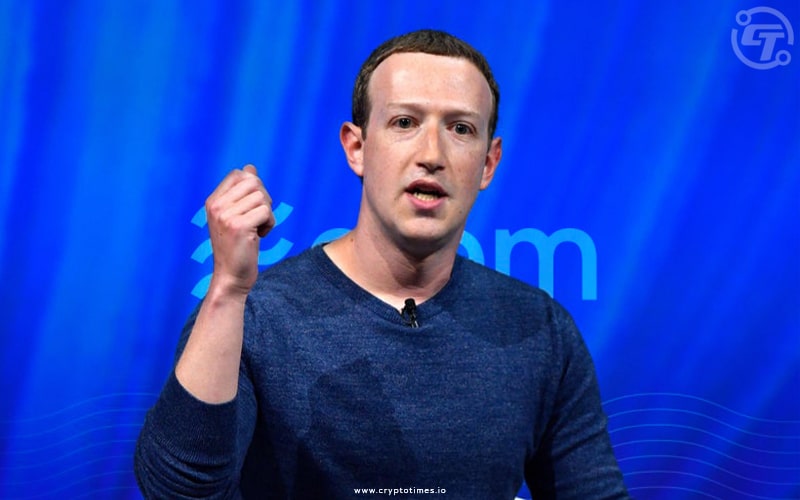In Brief:
- Meta’s Diem project reportedly weighs sales to return back investments.
- The company is in talks with investment bankers to determine the best way for the sale.
- There is no guarantee whether assets will sell out or not.
The stable coin initiative of Meta, “Diem” came into focus again and news spread that the company is allegedly trying to sell out its assets to return funds to investors.
Diem, formerly known as Libra, is a crypto initiative of Meta. Mark Zuckerberg, CEO of Meta wanted to introduce Diem as an internet currency. But, current news is completely in contrast with his goal.
The reliable source revealed that the company is in talks with investment bankers to decide the best way to sell its digital asset property and fetched out all investments associated with the project.
As of now, there is no blueprint on how the company is going to be sold and there is no certainty that whether the company will get a buyer or not.
On the initial day of rollout, Diem got a great response across the globe. A country like China, which recently announced a ban on crypto in the country, was also believed that in the future CBDC projects can be operated On Diem.
According to the source, Meta is currently holding one-third of the investment. The remaining investment came from members of the association and partners, which include Coinbase Global, Uber, and Shopify.
Since the launch of the currency in 2019, Diem stayed in many news headlines and fell into controversy. Libra was intended to be managed by a Switzerland-based company, “Libra Association”.
But the launch of the project was not enough to praise the U.S government and regulators across the world, who raised concerns over privacy and monetary sovereignty. To comply with regulations, Facebook CEO Mark Zuckerberg and former Libra head David Marcus gave proof to authorities for an authenticity check before the House Financial Services Committee.
In July 2019, Senator Sherrod Brown of Ohio asked Marcus, “do you really think people should trust Facebook with their hard-earned money?”
“If our country fails to act, we could soon see a digital currency controlled by others whose values differ radically from ours,” Marcus responded.






